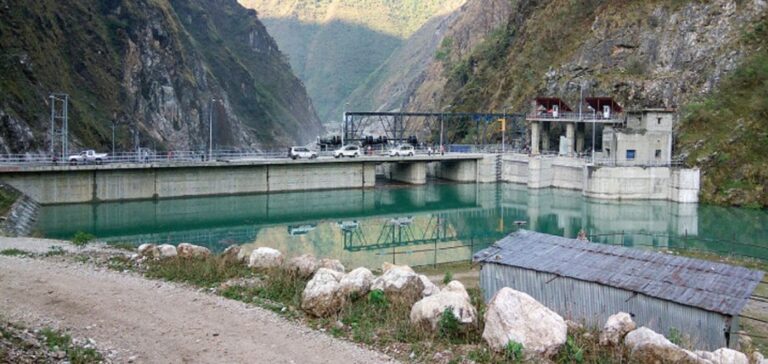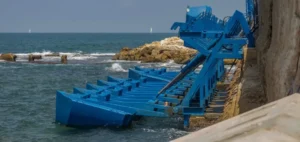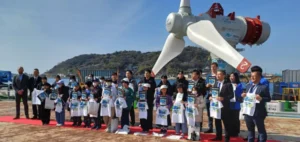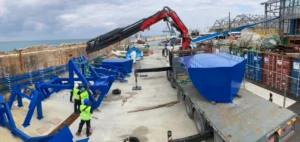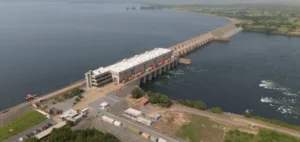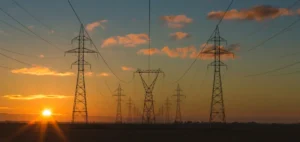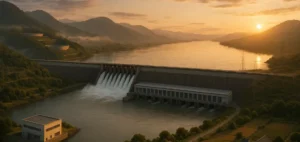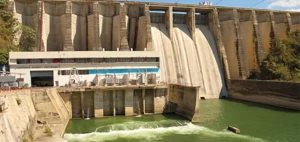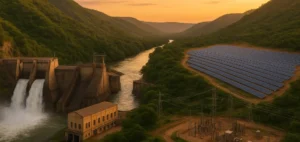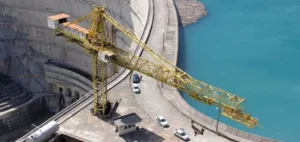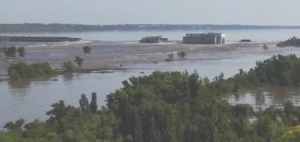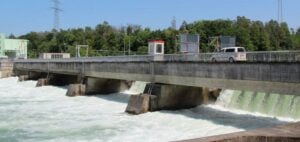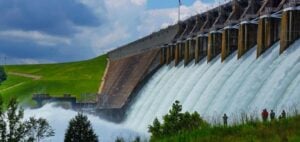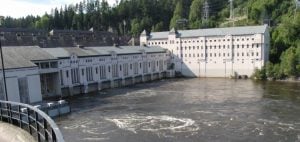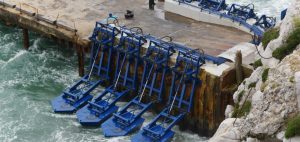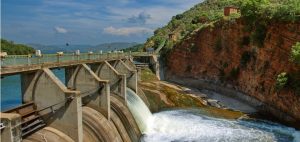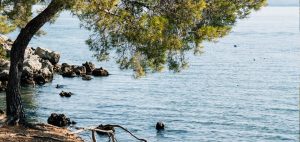Nepal, rich in water resources thanks to its many rivers flowing from the world’s highest mountains, remains largely under-exploited in terms of hydropower. The investment summit, held in Kathmandu, aims to transform this potential into a tangible source of economic growth. Nepalese officials highlighted the nation’s ability to develop hydroelectric projects capable of providing abundant renewable energy, with only 3,200 megawatts harnessed out of enormous potential.
Potential and challenges in the water sector
Nepal’s Prime Minister Pushpa Kamal Dahal emphasized: “This is a clear indication of the enormous investment opportunities in Nepal’s hydropower sector”, noting that major hydropower projects, representing some 5,568 megawatts, are already underway or planned, before adding: “Our hydropower potential promises an abundant supply of clean, renewable energy”.
However, the challenge lies in the actual implementation of these projects, which are often delayed by financing and logistical problems. The summit seeks to attract investment that can overcome these obstacles and accelerate development.
Strengthening international and economic relations
Nepal has actively sought to consolidate its economic ties with its neighbors, notably China,India and Bangladesh, through energy cooperation agreements. These partnerships are essential for the construction of cross-border transmission lines that will facilitate the exchange of energy, increasing Nepal’s attractiveness as an energy investment hub.
Impact on tourism and other sectors
Beyond hydropower, the summit also aims to reinvigorate the tourism sector, which is struggling to recover from the COVID-19 pandemic. Finance Minister Barsha Man Pun expressed optimism that networking opportunities would be created to stimulate joint ventures in industry and infrastructure development, essential for diversifying Nepal’s economy.
This investment summit represents a strategic window of opportunity for Nepal, not only to exploit its hydroelectric potential but also to strengthen its position on the regional economic scene. The initiatives taken illustrate a national commitment to a sustainable and prosperous future, linking energy ambitions to wider economic and social needs.

